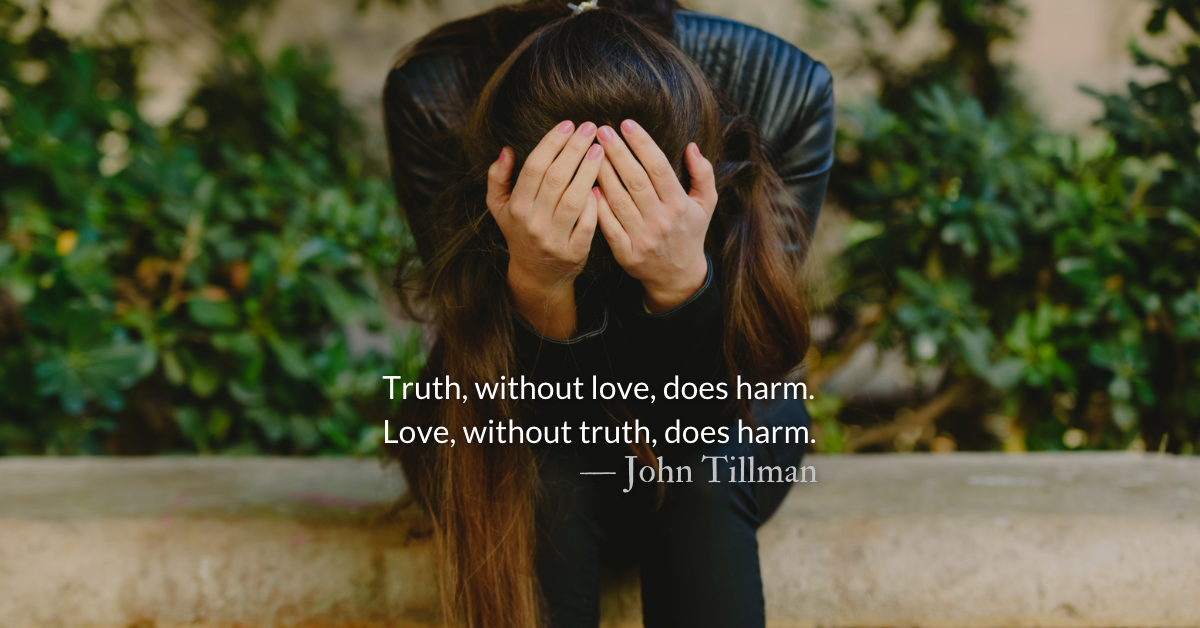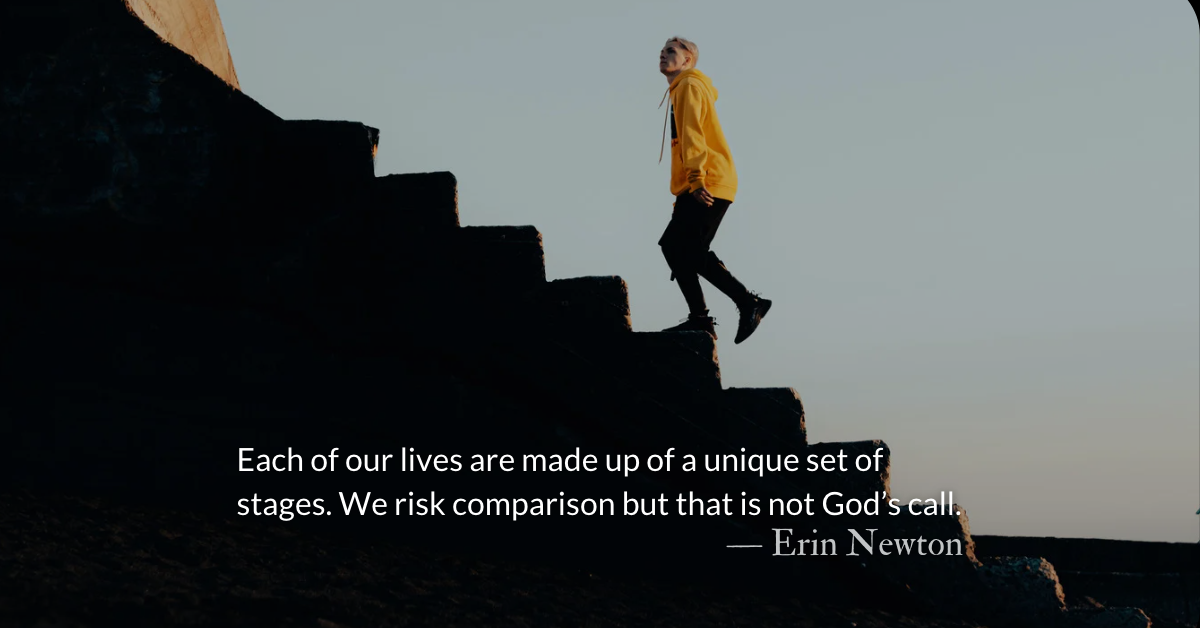Scripture Focus: Deuteronomy 4.6-8
6 Observe them carefully, for this will show your wisdom and understanding to the nations, who will hear about all these decrees and say, “Surely this great nation is a wise and understanding people.” 7 What other nation is so great as to have their gods near them the way the Lord our God is near us whenever we pray to him? 8 And what other nation is so great as to have such righteous decrees and laws as this body of laws I am setting before you today?
Reflection: Wisdom Versus Obedience
By Erin Newton
Israel stood at the edge of the Promised Land with these final instructions. It was a reminder of who they were—reflections of the past and a vision of their future. With the exhortation to enjoy the blessings of an obedient life, God also provided them with guidance for their inevitable failure. God was and is eager to restore the broken and the lost.
In our contemporary culture, many religions are known by their rules. You can distinguish someone by the way they dress or if they cut their hair. Other religions can be distinguished by what they eat or what they refuse to drink. Religious obedience is not a new concept nor is it unique among Christians. All religions have rules. Obeying those rules is expected, for the most part.
Exodus through Deuteronomy contains all the instructions for the Israelites about how to live. The laws and decrees function as the skeletal system of faith. How those work together in the movement of life is wisdom.
Observing laws and decrees is the basis for applying wisdom. Like rails on the side of a bridge, commandments keep you from plunging over the edge. Wisdom determines if you are driving carefully or swerving left and right at some fiendish pace. But it is not easily obtained. Wisdom is mined from a deep relationship with God. It is refined in the crucible of life.
To fear God is the beginning of wisdom and wisdom is more than obeying commands. Wisdom understands the heart behind the laws. It knows that anger is just as bad as murder and lust just as bad as adultery. Jesus was able to summarize all the laws with two: love God and love your neighbor. That is wisdom.
What would it mean to be known, to be set apart, because of our wisdom? Would it look different than religious obedience? How can being wise extol the greatness of God in a better way than legalism?
We ought to be known by our wisdom, not our legalism. To obey God is right and good but there is an important distinction between the two ideas. Wisdom captures the complexity of life; it weighs truth against a myriad of options. Obedience is responding to a command of “do” or “do not.” Wisdom reveals the freedom to navigate life under the truth of who God is and who we are called to be.
Divine Hours Prayer: The Refrain for the Morning Lessons
Gracious and upright is the Lord; therefore he teaches sinners in his way. — Psalm 25.7
– From The Divine Hours: Prayers for Springtime by Phyllis Tickle.
Today’s Readings
Deuteronomy 4 (Listen 7:22)
1 Corinthians 14 (Listen 5:40)
Read more about RSVP to Wisdom or Folly
Each day and each moment, Lady Wisdom calls out to us and Lady Folly’s voice tries to drown out her call.
Read more about Law of Freedom
The Law was more than a civil code. “The Law” implied the wisdom of God expressed through scripture.











